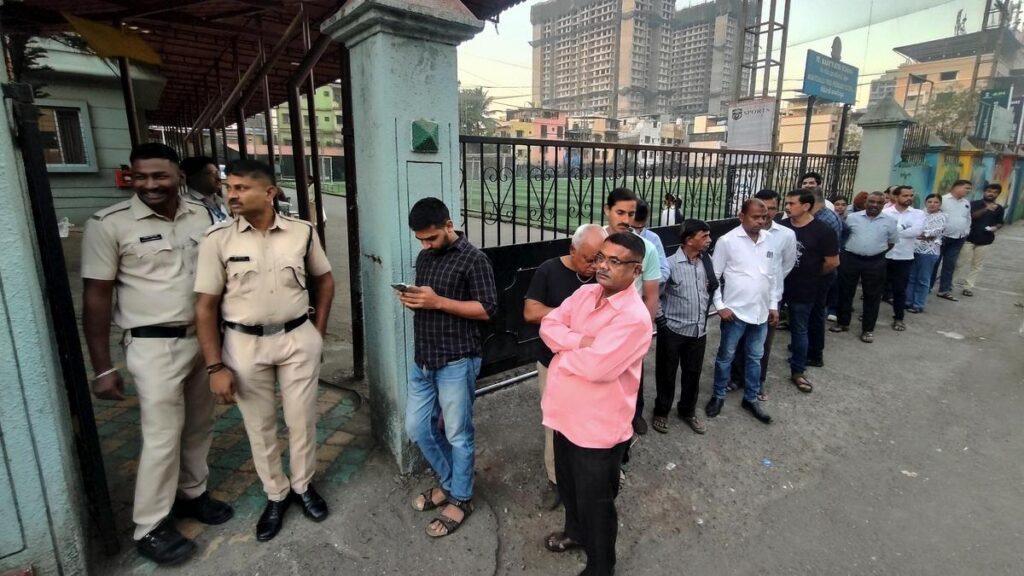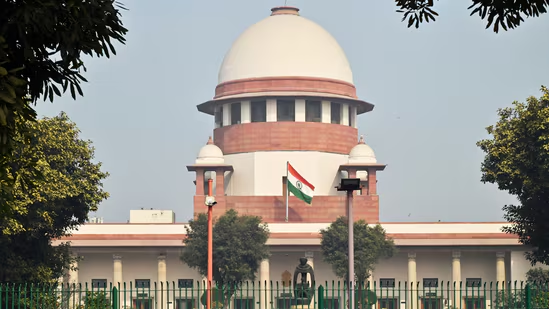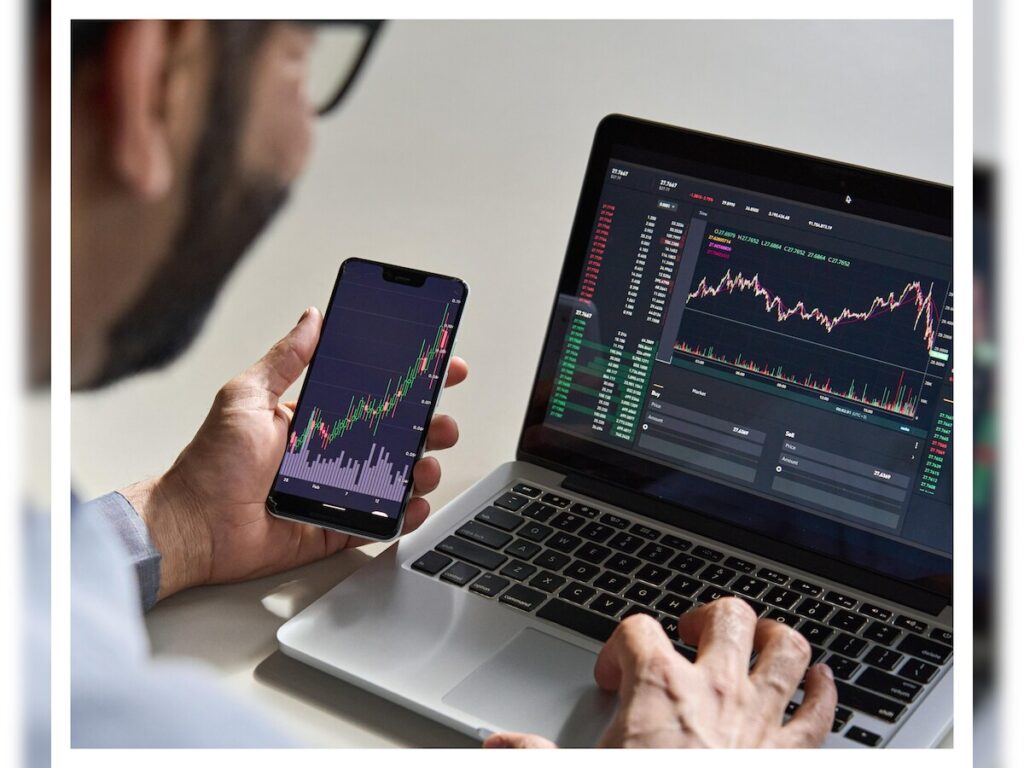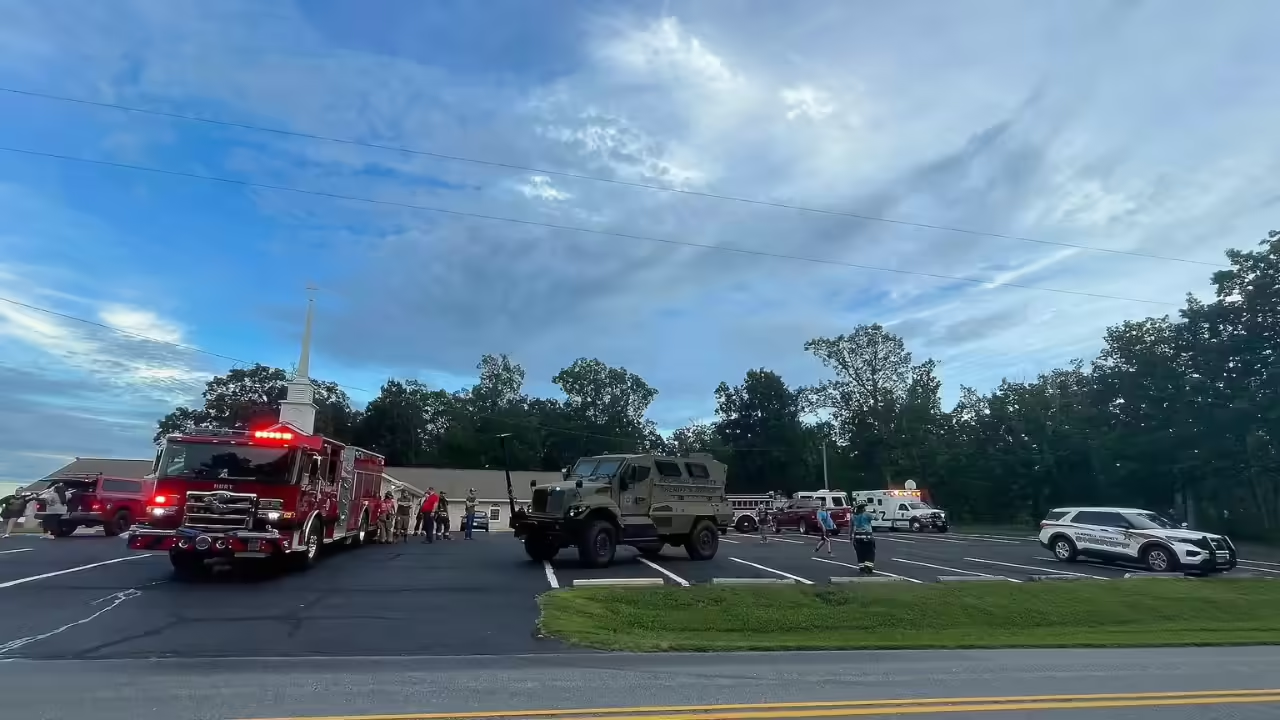Now Reading: Residents in DC Protest Trump’s Takeover of Local Police and Surge in Federal Forces
-
01
Residents in DC Protest Trump’s Takeover of Local Police and Surge in Federal Forces
Residents in DC Protest Trump’s Takeover of Local Police and Surge in Federal Forces

Tensions are rising in Washington, DC, after former President Trump invoked federal authority to take control of the city’s police force and ordered 800 National Guard troops onto its streets. Residents have taken to the streets in protest, calling the move excessive and politically driven, particularly at a time when crime rates are near a 30-year low.
Federal Intervention Declared
Trump utilised Section 740 of the DC Home Rule Act to assert federal control for up to 30 days unless extended by Congress. Alongside this, federal agents—ranging from DEA to Homeland Security—and National Guard members were deployed across key areas in DC. The administration said the move aimed to tackle “out-of-control” crime and homelessness.
Local Leaders Push Back
DC Mayor Muriel Bowser called the action “unsettling and unprecedented,” emphasising the city’s autonomy and the surprising drop in violent crime. Civil rights groups and multiple mayors, especially those from Democratic and minority-led cities, have criticised the decision as politically motivated and an infringement on local governance.
Public Reaction on the Streets
Protestors have gathered near federal checkpoints, raised slogans like “Go home, fascists,” and voiced concerns about the presence of masked agents and military-style patrols. Over 100 arrests have already been made, many for non-violent infractions. There are growing fears that this level of federal enforcement amounts to authoritarian control.
A Broader Pattern
This federal intervention mirrors similar moves in other cities. Earlier, Trump deployed troops to Los Angeles amid protests, prompting warnings about the rising militarisation of civilian spaces and erosion of democratic oversight. Plans are now emerging to create a “quick-reaction force” that could respond to unrest in multiple US cities—raising fresh concerns about civil rights nationwide.
Why It Matters in Indian Context
Though the US federal system is differently structured, the debate resonates in India’s growing Tier 2 and 3 cities—like Nagpur, Jaipur, and Guwahati. These places are also navigating the balance between security—especially during large events—and preserving local democratic processes. The DC protests are a reminder of the risks when enforcement overrides civic autonomy.
What to Watch Next
Trump has suggested extending federal control and hinted at using DC as a template for other cities. Congress would need to approve any extension. Meanwhile, calls from DC city leaders and civil liberty groups for legal review are gaining momentum. Observers will be looking at how courts, Congress, and public pressure shape what could become a national precedent.
Conclusion
The DC standoff highlights a deeper question: how to preserve local governance and civil liberty while ensuring public safety. As protests rise and federal forces remain visible on the streets, Washington, and cities worldwide—including India’s emergent urban centres—are watching closely to see how power, responsibility, and democratic values will be balanced.

























